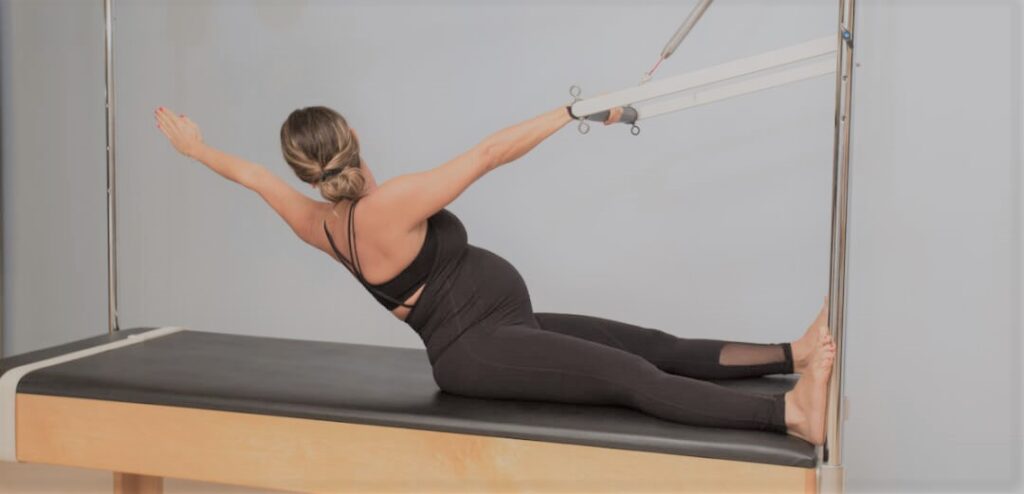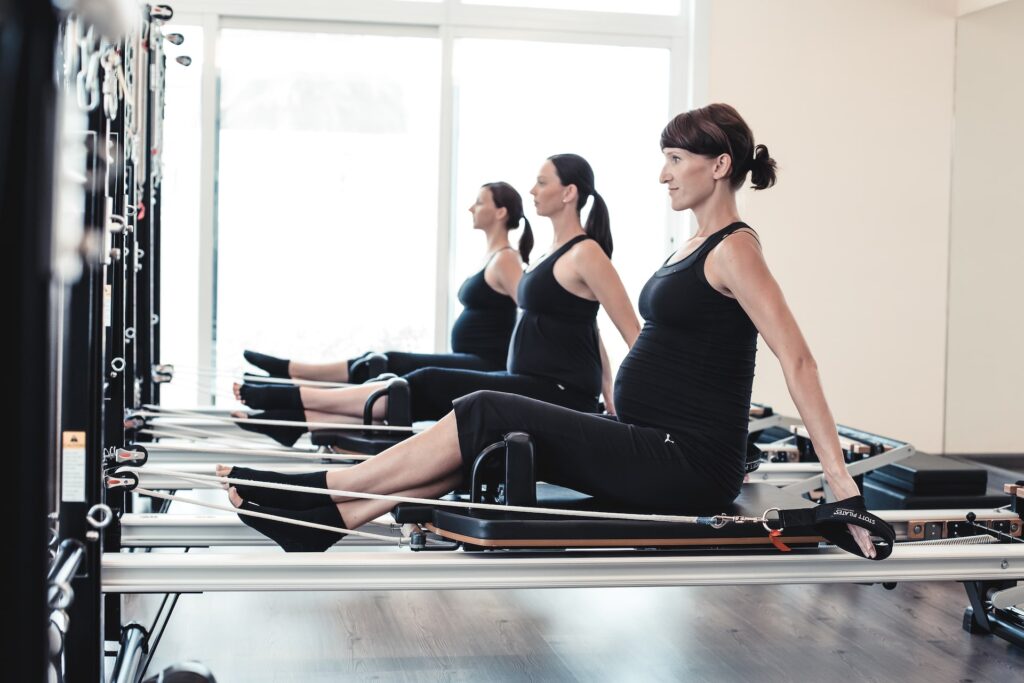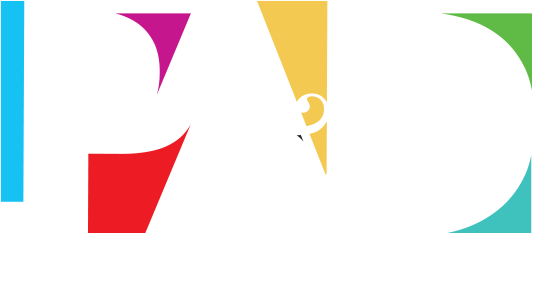
Even though Pilates is a very popular form of exercise (especially amongst celebrities), there are a lot of myths surrounding it. One of the myths is that it should not be done by pregnant women as it is a complex form of workout and can put high strain on the body.
This is just misinformation. Instead, read on to find out what’s true and what’s not, so you can make the best decision for yourself!
In this blog, we will debunk five of the most common myths surrounding pregnancy and Pilates:
- Pilates can cause a miscarriage: First of all, you should understand that Pilates is a low-impact form of exercise. Hence, it is highly unlikely to harm a baby that is well protected inside a mother’s womb. Pregnant women are often portrayed as fragile, but that isn’t true. They have a robust structural core which is how they can carry a baby for 9 months and endure all the pain of childbirth. Pilates can help to further strengthen this core which can help ease the pain during the labour process.
- If you haven’t done it before, don’t do it while you are pregnant: Pilates is known to increase mobility and loosen tight muscles, which means it is amazing for pregnant women. The purpose of Pilates is to build core strength in a non-aggressive manner. You do not need to go all out like you might do in your regular workout sessions because prenatal Pilates workouts will be different. It is designed to make your body feel relaxed, open and worked, but not burnt out.
- Pilates can only help you get in shape after giving birth: Of course, Pilates can help you get in shape after giving birth! But that doesn’t mean it cannot be done before. Prenatal Pilates has been found to have a positive impact on the baby’s overall development. If you, as a pregnant mother, are in good shape, you will be able to better carry your body weight and be better prepared for childbirth. As your body changes, so does the load on your spine. Pilates helps keep you spine strong and flexible, so it is able to carry the additional load for 9 months.
- Core work is a no-no during pregnancy: Your core isn’t just your abdominal muscles. Your core consists of your diaphragm (used for breathing), your abdominal muscles, the erector spine (muscles attached to your spine) and pelvic floor muscles. These are all the muscles that surround your baby and need to be strong DURING and AFTER your pregnancy! Before you deliver, you need to ensure that your pelvic floor both contracts and releases when it should have as smooth a delivery as possible. Prenatal Pilates can help you engage and stabilize your entire core and pelvic area and thus ultimately assist in the process.
- Healthy moms can carry on with their regular Pilates: If this means in regular group classes, we recommend against it. There are many positions in Pilates that you should avoid, such as lying on your belly and even ab curls (in your third trimester), and hence prenatal Pilates includes exercises that are safe for your body. Prenatal Pilates has a set of exercises that are meant to open your shoulders, strengthen your spine, add some flexibility, open your hips and get mobility there… all the things that will make you feel “yummy” at the end of your session!

PILATES CLASSES IN DUBAI FOR PREGNANT WOMEN
To do prenatal Pilates workouts accurately and safely, you need expert guidance. And what place better to get it than one of the best Pilates studios in Dubai!
The PAD Fitness not only has expert trainers to guide you, but also gives you a safe and conducive environment where you will always feel comfortable. To book a session, you can contact us at 04-2941745.
